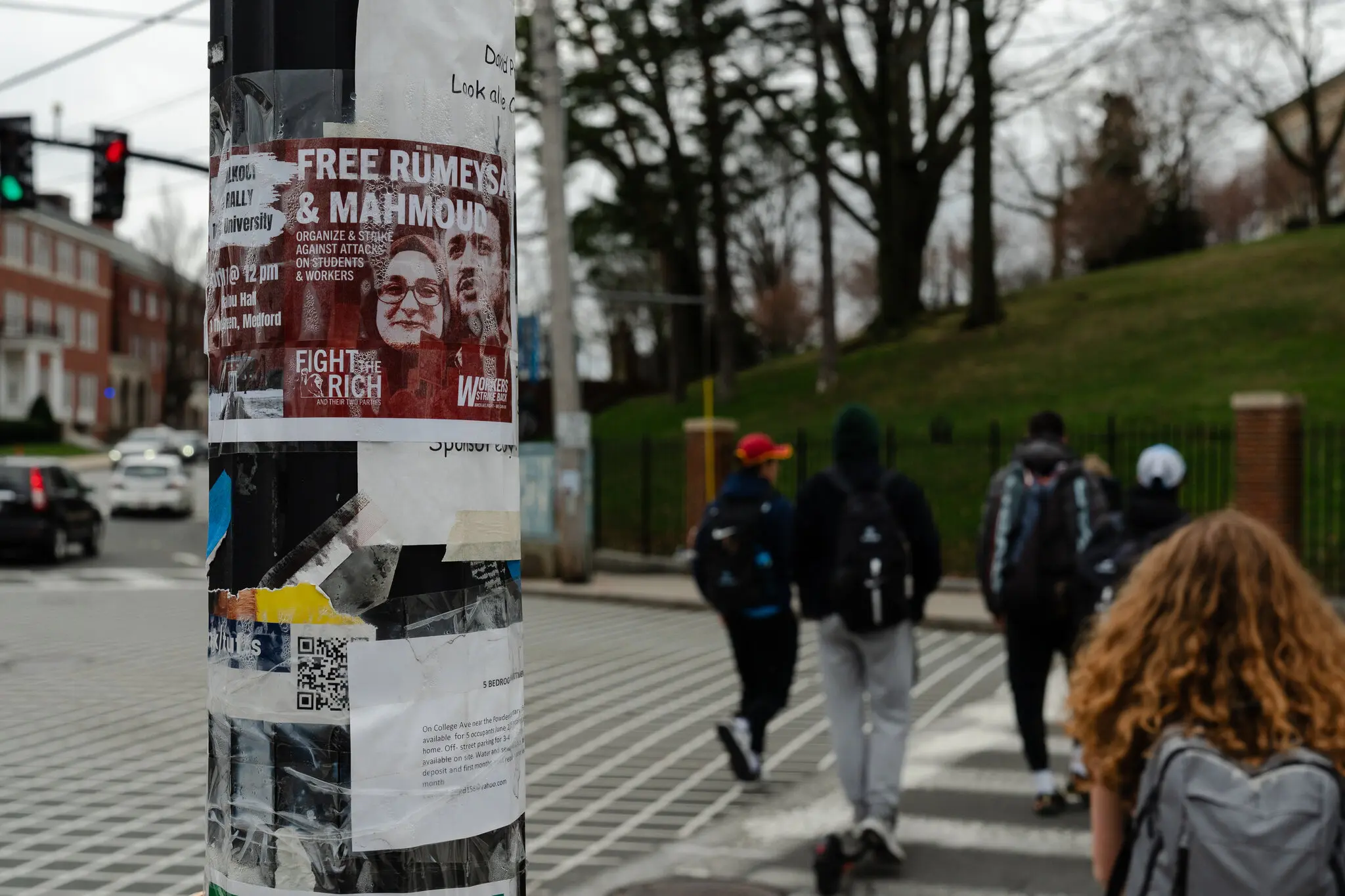In a powerful show of interfaith solidarity, more than two dozen progressive Jewish organizations and synagogues across the United States have united in support of Rumeysa Ozturk, a Muslim graduate student from Tufts University currently detained by U.S. Immigration and Customs Enforcement (ICE). Ozturk, who has been held for over two weeks at a Louisiana detention center, is facing deportation for her role in co-authoring an essay that was critical of Israel.
The Trump-era immigration policy at the center of her case has sparked widespread concern from civil rights advocates and religious groups alike. This week, Jewish congregations from cities including San Francisco, the Upper West Side of New York, and West Newton, Massachusetts, filed an amicus brief in federal court in Burlington, Vermont, demanding her release and condemning the tactics used to arrest her.
The brief, submitted Thursday, describes the arrest as deeply troubling. According to reports, Ozturk was apprehended by masked ICE agents near her home in Somerville, Massachusetts—an event that has raised serious questions about government overreach and freedom of expression.
The coalition supporting her includes J Street, a prominent liberal pro-Israel advocacy group, reflecting a nuanced and growing divide in Jewish communities about how criticism of Israel is treated in the U.S. The brief argues that detaining Ozturk under the pretense of fighting antisemitism is a misuse of federal power and violates core democratic principles.
“Jewish people came to America to escape generations of similar predations,” the legal brief states. “Yet the images of Ozturk’s arrest in twenty-first century Massachusetts evoke the oppressive tactics employed by the authoritarian regimes that many ancestors of amici’s members left behind in Odessa, Kishinev, and Warsaw.”
Ozturk’s supporters insist that her views are protected under the First Amendment and that her detention is a direct attack on academic freedom and political speech. Her case is drawing national attention at a time when debates about antisemitism, free speech, and the Israeli-Palestinian conflict are increasingly polarizing American campuses and communities.
Legal experts say the case could set a troubling precedent if left unchallenged—one in which immigration enforcement is used to silence dissent. Meanwhile, Jewish and Muslim communities continue to find common cause in defending the rights of students and immigrants who face targeting for their beliefs.
As Ozturk’s legal battle unfolds, her allies remain committed to securing her release and ensuring that political expression, especially in academic spaces, is not criminalized.



0 Comments